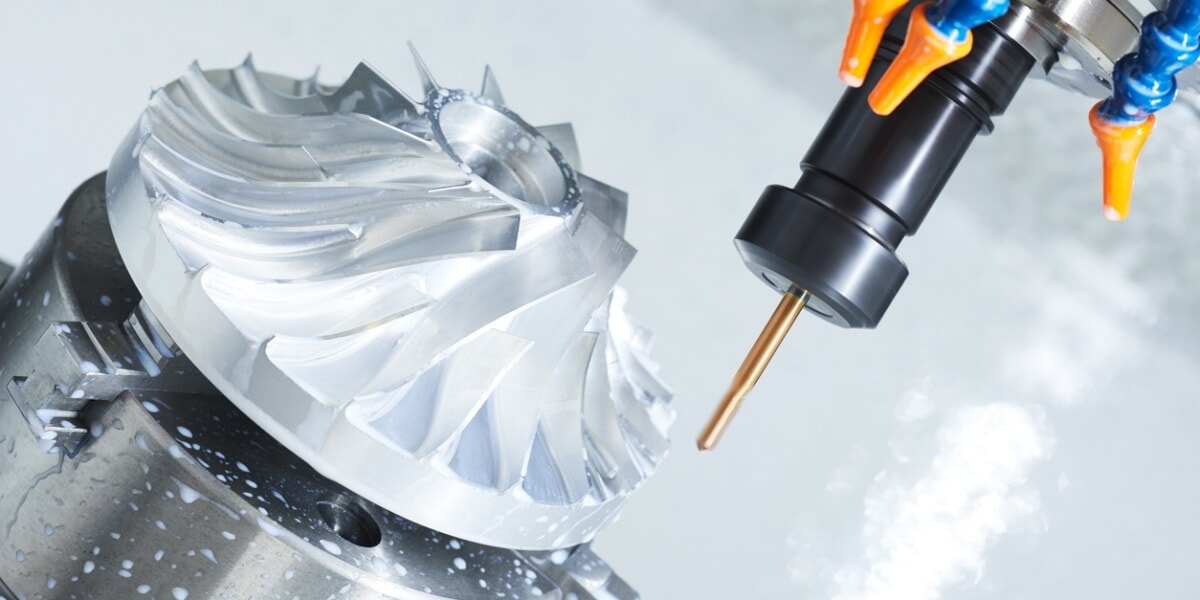Why the CNC processing metal parts is expensive?

I always come across this topic recently: Is CNC processing metal parts expensive?
In fact, I found that everything has its own unwritten rules when calculating costs.
There are many factors that affect CNC processing of metal parts:
1. Type of material: The prices of different materials are also different. Generally speaking, plastic is cheaper than metal, so generally CNC processing plastic products will be cheaper than metal products. This is only one aspect. Some metals are harder, such as steel. It is harder than some aluminum alloys, which will extend the processing time and thus affect the price.
2. Product complexity: The quotation for each project will also be based on 2D drawings or 3D drawings. It is necessary to understand whether the structure of the product is complex. Products with simple structures will be easier to process and will take more time to adjust the program. It is relatively small and can effectively avoid secondary processing. Products with more complex structures, precision parts with strict tolerances and high precision and dimensional accuracy requirements usually require multiple operations, molds and more time, so the cost of time and materials used will be higher.
3. Quantity of production parts: The greater the production volume, the higher the cost of the entire processing process. However, increasing production reduces the cost of each part because production costs are shared among each product, making each part cheaper in higher quantities. Because if some materials cannot be purchased according to individual size requirements, the cost will naturally increase.
4. Use of tools: The processing of some products will cause wear of the tools and increase the cost of the tools, including fixtures and the like.
5. Post-processing: Some parts customers may specify what post-processing is required, which will also increase processing costs.
6. Comprehensive factors: labor cost, machine service life, these factors need to be considered comprehensively.
However, as the CNC machining industry becomes saturated, price, delivery time and quality assurance have become key competitive advantages.